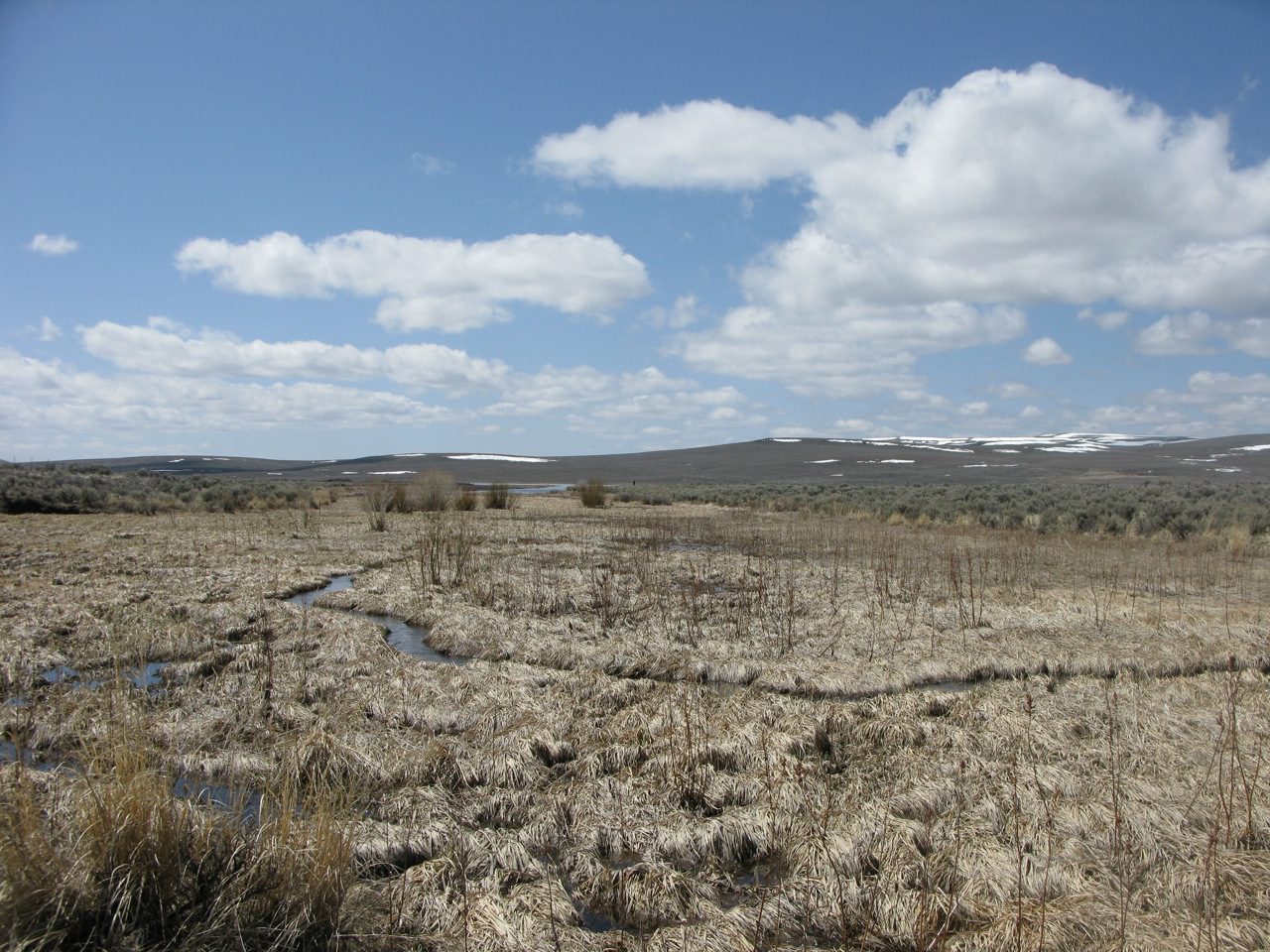Friday June 15, 2018
Since we first developed our custom monitoring camera, the Smolt Spy, we’ve created several variations on a theme to record fish in a diversity of settings, from adult fish ladders to juvenile fish passage chutes. Today we’re taking a look back at when we first debuted the prototype Smolt Spy in the field in 2015 – enjoy!
Our brand new juvenile fish monitoring system, called the Smolt Spy, was recently put to the test to see how it performs in a real-world application. For this project we partnered with the Summit Lake Paiute Tribe to count endangered Lahontan cutthroat trout on Mahogany Creek, located in a remote area of northern Nevada. Our journey took us 170 miles past Reno, over 60 miles of unpaved road and gave us a chance to sail across the salt flats of the Black Rock Desert, where the current land speed record was obtained and the annual Burning Man event is held. At the end of our voyage, we rose up over a mountain and dropped down into a small basin. In the middle of the sage-covered valley sat Summit Lake, and across the lake flowed a tiny stream named Mahogany Creek – our destination.
Preparedness is everything in an isolated location like this, which is why the Smolt Spy was designed to be a “plug-and-play system” with minimal set up. Mahogany Creek is a small stream that rarely gets larger than a few feet wide by a few feet deep, and the design of the Smolt Spy’s camera tunnel will allow the Paiute Tribe to survey the entire area of the channel during normal conditions. When we arrived at the location, some retrofitting was needed to integrate the Smolt Spy into the Tribe’s existing solar array, but within a couple of hours the system was running and recording video. The next morning, we returned to the site to review fish passages and give a hands-on tutorial on how to operate the system and download the recorded images.
Although the Smolt Spy was designed to count juvenile fish, it can record adults as well. In its first few months of operation, the system and has been capturing video during the peak upstream migration of adult Lahontan cutthroat trout. The Smolt Spy’s design allows the operator to make adjustments on site that can decrease false detections in the automatic counting system caused by turbidity and debris in the water. As the adults migrate through the Smolt Spy, the Paiute Tribe is using this opportunity to fine-tune the settings of the recording software. They want to ensure that when the trout eggs hatch and the smolts begin their migration to the lake, the Smolt Spy will be primed for counting these young fish.


